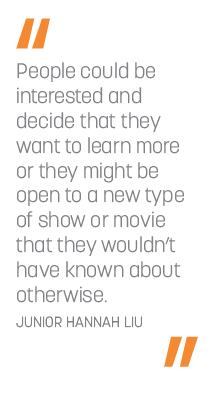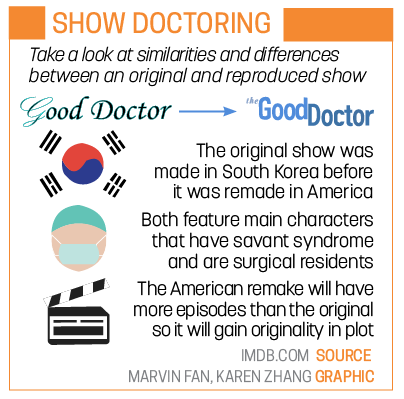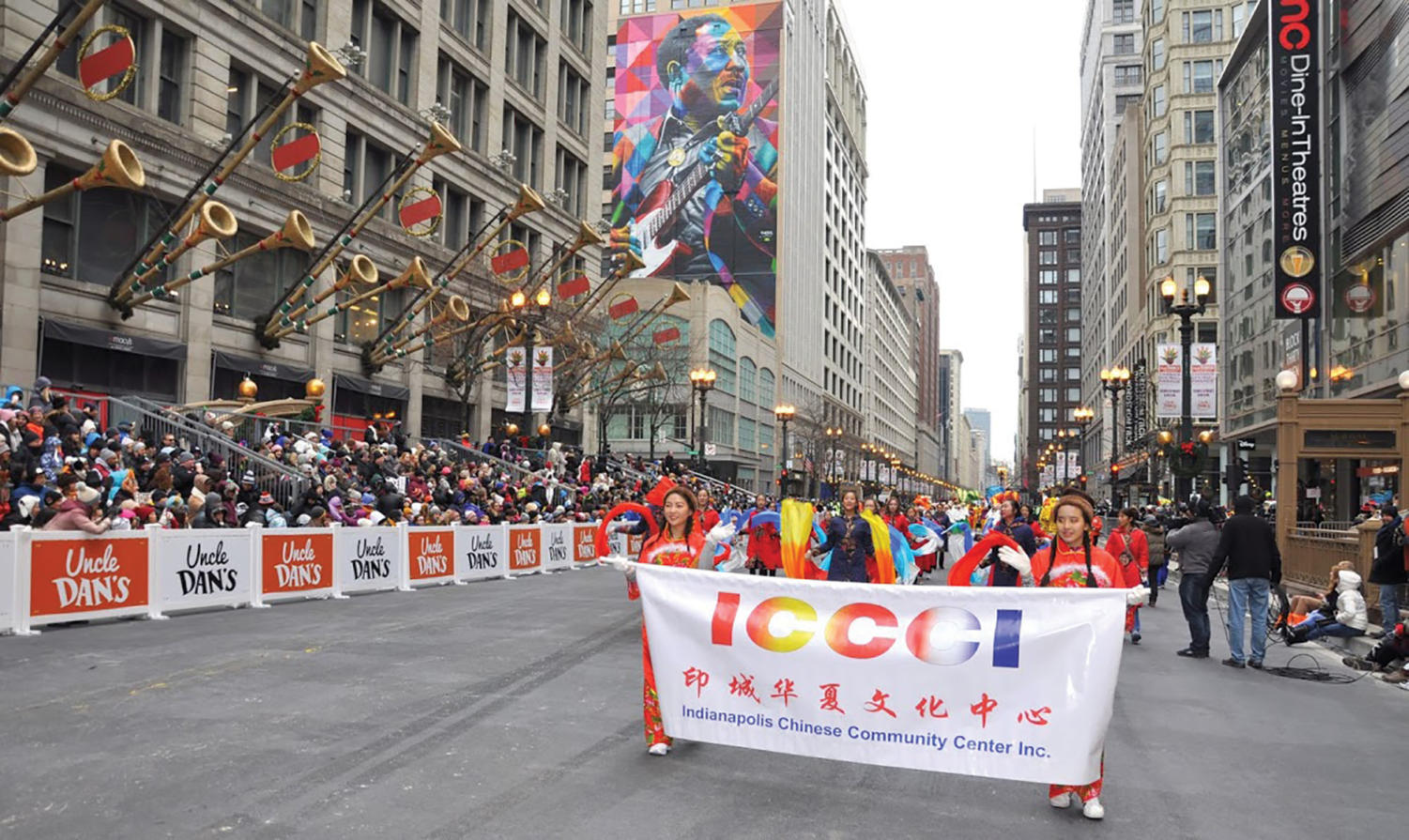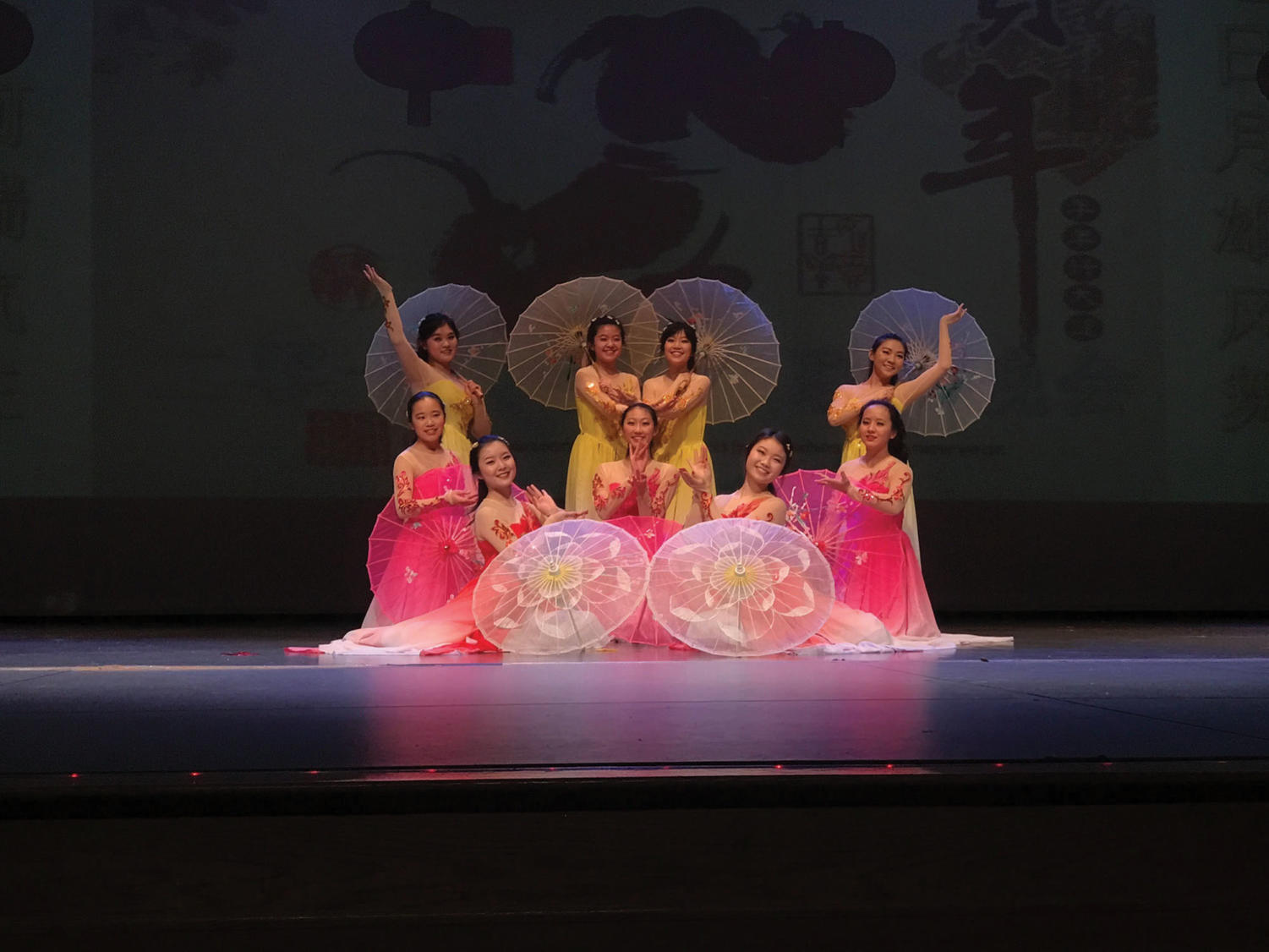Premiering on Jan. 2, Fox will air a celebrity-singing-competition-guessing game called “The Masked Singer” based on Korea’s “King of Mask Singer,” which debuted in 2015. Many students at CHS, like junior Sarah Hao, have seen the Korean version of the upcoming show and the trailer for Fox’s and think the remake has the potential to be a well-known show. The show features famous singers who disguise their identities by wearing masks and costumes.
Hao said, “I think (the remade show) definitely does have the potential to be a really popular show. People might also like that concept and want to guess alongside the judges, so it’s also intera ctive in that way.”
ctive in that way.”
When it comes to remaking TV shows, Hao said she usually likes watching both the original and remade versions of the TV show and doesn’t find anything wrong with remaking TV shows from other countries in America.
Hao said, “If other production companies see that (the original show) is doing really well in the box office (in its original country), then they should want to remake it because you can profit off of that. Production companies pick up on this. I guess they get the rights to remake it with the same plot and stuff, and then they could do really well (with remaking the show).”

Get Cultured: Paraders hold up a dragon in the traditional Chinese dragon dance. The ICCCI strives to give greater exposure to the Chinese community and culture.
IB Film teacher Jim Peterson said he agrees production companies remake shows to make money.
“The main reason (for remaking TV shows) is that television companies are putting their money up, and they want to make sure it’s successful, so they’re going to (make the shows) with a really low risk,” Peterson said.
Although Peterson said he thinks TV shows are remade mainly for profit, he said he believes there are advantages to remaking TV shows.
Peterson said, “There can be (advantages) because it’s a proven formula that works, especially in terms of British comedy that comes over to America. (The British comedy) ‘The Office’ is probably the most successful example of that.”
Junior Hannah Liu also watches reproduced shows and said she believes there are advantages to remaking TV shows in America, for example, for the TV show to be more relatable to its audience.
“I think some benefits are that (the American version is) more relatable to a group of people, and it introduces the group of the people (who watch the remade show) to (watch) the show in the original language that it was in,” Liu said. “People could be interested and decide that they want to learn more or they might be open to a new type of show or movie that they wouldn’t have known about otherwise.”

Additionally, Liu said she believes that remaking TV shows can help exhibit a specific country’s culture and give greater exposure.
Liu said, “Now you can see much more diversity in the cast and also you are just more educated on different cultures especially in the same place.”
While there are some advantages of remaking TV shows, Peterson believes that there are limitations that come with remaking TV shows.
“Sometimes it doesn’t work,” Peterson said. “Sometimes the comedy doesn’t translate over. They tried to do an Americanized version of (the British comedy) ‘Fawlty Towers,’ and it did not work. They could risk it and sometimes it won’t pay off.”
On the other hand, Hao and Liu both said they don’t see any huge issues with remaking TV shows other than copying the original.
 Hao said, “I guess if one company would say ‘steal the idea’ or ‘steal the plot,’ and then there might be some backlash and some legal troubles, but other than that I personally don’t think that anything negative could come out of remaking good shows.”
Hao said, “I guess if one company would say ‘steal the idea’ or ‘steal the plot,’ and then there might be some backlash and some legal troubles, but other than that I personally don’t think that anything negative could come out of remaking good shows.”
Liu said, “Some limitations are remaking it in a way that isn’t plagiarizing the original show because clearly it is based off of the same idea. Also, each show I feel should still have its own unique factor to it.”
Junior Shivani Balachandar also said she agreed that remaking TV shows is a good way to spread culture, but there are ways other than through television.
“TV is probably something that’s not good to be glued to all the time, and there’s probably more healthier ways to spread culture. But it is a great unifying source and a good topic of conversation that brings people together and creates new friendships,” Balachandar said.
However, Hao and Peterson both said ultimately the best way to spread or learn about a culture is by traveling and visiting other countries and experiencing culture firsthand.

Get Cultured:Junior Hannah Liu (right) holds up a poster that introduces the Indianapolis Chinese Community of Indiana (ICCCI) in the annual Thanksgiving parade in Chicago. Liu said the best way to experience culture is to live in it.
“The best way to experience culture is to actually live the culture. But, television is good. Any kind of broadcast media is a way to get that culture to the masses,” Peterson said.
Hao said she agreed and said, “I think definitely being in person live in two different countries and immersing yourself in that country’s culture is the number-one way to experience that culture, but obviously not everyone can do that around the clock, so TV is an easier way to do that.”
The road goes both ways. According to Balachandar, American shows are also remade in foreign countries and are very popular there, too.

Get Cultured: Junior Hannah Liu (far right, second row) performs a traditional dance. Liu said reproducing shows is a good way to give exposure to the original show.
Balachandar said, “In the language I speak, Tamil, they remade the show ‘Big Brother’ into a TV show called ‘Bigg Boss.’ For weeks, all I heard whenever were people talking about ‘Bigg Boss,’ and I think it just brought people together a lot, and it was something that India hadn’t really seen before. So to introduce that concept into Indian television was life-changing.”

































![AI in films like "The Brutalist" is convenient, but shouldn’t take priority [opinion]](https://hilite.org/wp-content/uploads/2025/02/catherine-cover-1200x471.jpg)









































![Review: “The Immortal Soul Salvage Yard:” A criminally underrated poetry collection [MUSE]](https://hilite.org/wp-content/uploads/2025/03/71cju6TvqmL._AC_UF10001000_QL80_.jpg)
![Review: "Dog Man" is Unapologetically Chaotic [MUSE]](https://hilite.org/wp-content/uploads/2025/03/dogman-1200x700.jpg)
![Review: "Ne Zha 2": The WeChat family reunion I didn’t know I needed [MUSE]](https://hilite.org/wp-content/uploads/2025/03/unnamed-4.png)
![Review in Print: Maripaz Villar brings a delightfully unique style to the world of WEBTOON [MUSE]](https://hilite.org/wp-content/uploads/2023/12/maripazcover-1200x960.jpg)
![Review: “The Sword of Kaigen” is a masterpiece [MUSE]](https://hilite.org/wp-content/uploads/2023/11/Screenshot-2023-11-26-201051.png)
![Review: Gateron Oil Kings, great linear switches, okay price [MUSE]](https://hilite.org/wp-content/uploads/2023/11/Screenshot-2023-11-26-200553.png)
![Review: “A Haunting in Venice” is a significant improvement from other Agatha Christie adaptations [MUSE]](https://hilite.org/wp-content/uploads/2023/11/e7ee2938a6d422669771bce6d8088521.jpg)
![Review: A Thanksgiving story from elementary school, still just as interesting [MUSE]](https://hilite.org/wp-content/uploads/2023/11/Screenshot-2023-11-26-195514-987x1200.png)
![Review: "When I Fly Towards You", cute, uplifting youth drama [MUSE]](https://hilite.org/wp-content/uploads/2023/09/When-I-Fly-Towards-You-Chinese-drama.png)
![Postcards from Muse: Hawaii Travel Diary [MUSE]](https://hilite.org/wp-content/uploads/2023/09/My-project-1-1200x1200.jpg)
![Review: "Ladybug & Cat Noir: The Movie," departure from original show [MUSE]](https://hilite.org/wp-content/uploads/2023/09/Ladybug__Cat_Noir_-_The_Movie_poster.jpg)
![Review in Print: "Hidden Love" is the cute, uplifting drama everyone needs [MUSE]](https://hilite.org/wp-content/uploads/2023/09/hiddenlovecover-e1693597208225-1030x1200.png)
![Review in Print: "Heartstopper" is the heartwarming queer romance we all need [MUSE]](https://hilite.org/wp-content/uploads/2023/08/museheartstoppercover-1200x654.png)



